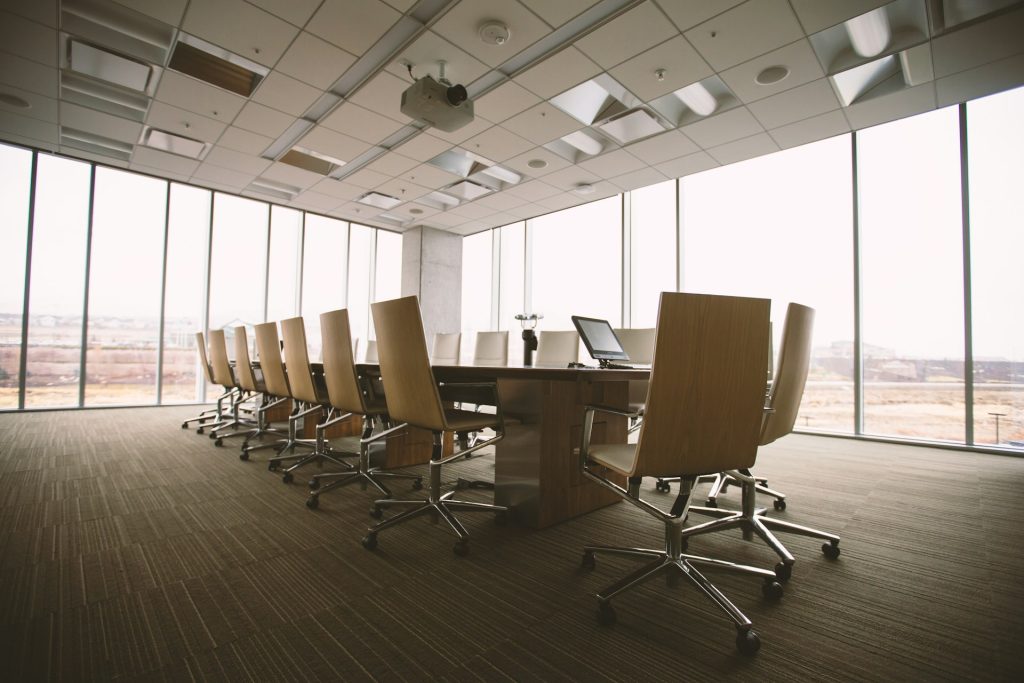Understanding the Evolving Moroccan Consumer
The Moroccan marketplace is experiencing a significant transformation. As the country continues to develop economically and socially, consumer expectations are evolving rapidly. Today’s Moroccan consumers are more informed, connected, and discerning than ever before. Brands seeking to succeed in this dynamic market must understand what drives consumer loyalty and purchasing decisions.
Authenticity and Cultural Sensitivity
Respect for Moroccan Identity
Moroccan consumers strongly value brands that understand and respect local culture and traditions. While they are open to global trends, they expect brands to acknowledge Morocco’s rich heritage. Companies that successfully incorporate elements of Moroccan identity into their products, services, or communication strategies often earn greater trust and loyalty.
Genuine Brand Stories
Modern Moroccan consumers can easily detect inauthenticity. Brands with transparent, genuine stories that connect with local values tend to perform better. This doesn’t mean every brand needs to be Moroccan, but it does mean understanding what matters to Moroccan consumers and communicating sincerely.
Digital Engagement and Innovation
Omnichannel Presence
With smartphone penetration continuing to rise across Morocco, consumers expect brands to maintain a strong digital presence. This includes not only having a website but also engaging actively across social media platforms popular in Morocco such as Facebook, Instagram, and increasingly, TikTok.
Innovation with Relevance
Moroccan consumers appreciate innovation, but not for its own sake. They expect new products and services to address their specific needs and challenges. Successful brands are those that adapt global innovations to fit local contexts and solve distinctly Moroccan problems.
Value Beyond Price
Quality and Durability
While price sensitivity remains important in many segments of the Moroccan market, consumers are increasingly focused on value rather than just cost. Products that demonstrate quality and durability are gaining preference over cheaper alternatives that may not last as long.
Meaningful Experiences
The modern Moroccan consumer seeks experiences, not just transactions. Brands that create meaningful shopping experiences, whether in-store or online, tend to build stronger customer loyalty. This includes everything from store atmosphere to packaging to post-purchase support.
Social Responsibility and Ethics
Environmental Consciousness
Environmental awareness is growing rapidly in Morocco, particularly among younger generations. Brands that demonstrate genuine commitment to sustainability and environmental protection are increasingly favored by conscious consumers.
Community Investment
Moroccan consumers respond positively to brands that contribute to local communities. Companies that invest in social initiatives, support local talent, or participate in community development projects build goodwill that translates to consumer preference.
Personalization and Customer Service
Tailored Experiences
Modern Moroccan consumers expect personalization. They want to feel that brands understand their specific preferences and needs. Companies that effectively leverage data to customize their offerings and communications often see stronger customer engagement.
Responsive Service
Customer service expectations have risen dramatically. Moroccan consumers now expect prompt responses to inquiries and complaints, whether through traditional channels or social media. Brands that excel in customer service can differentiate themselves significantly from competitors.
Balancing Tradition and Modernity
One of the most notable characteristics of the Moroccan consumer market is the balance between tradition and modernity. Successful brands recognize that Moroccan consumers don’t see these as contradictory forces but as complementary aspects of their identity.
Brands that can respect traditional values while offering modern solutions often resonate most strongly with Moroccan consumers. This might manifest as contemporary products that incorporate traditional design elements or modern services that respect traditional social structures.
Conclusion
The Moroccan consumer landscape continues to evolve rapidly, presenting both challenges and opportunities for brands. Companies that take the time to understand the nuanced expectations of Moroccan consumers—balancing authenticity, innovation, value, social responsibility, and personalized service—are best positioned to build lasting relationships in this dynamic market.
For brands seeking to connect with Moroccan consumers, the key lies not in choosing between global standards and local preferences, but in thoughtfully blending both to create offerings that truly resonate with the modern Moroccan identity.


